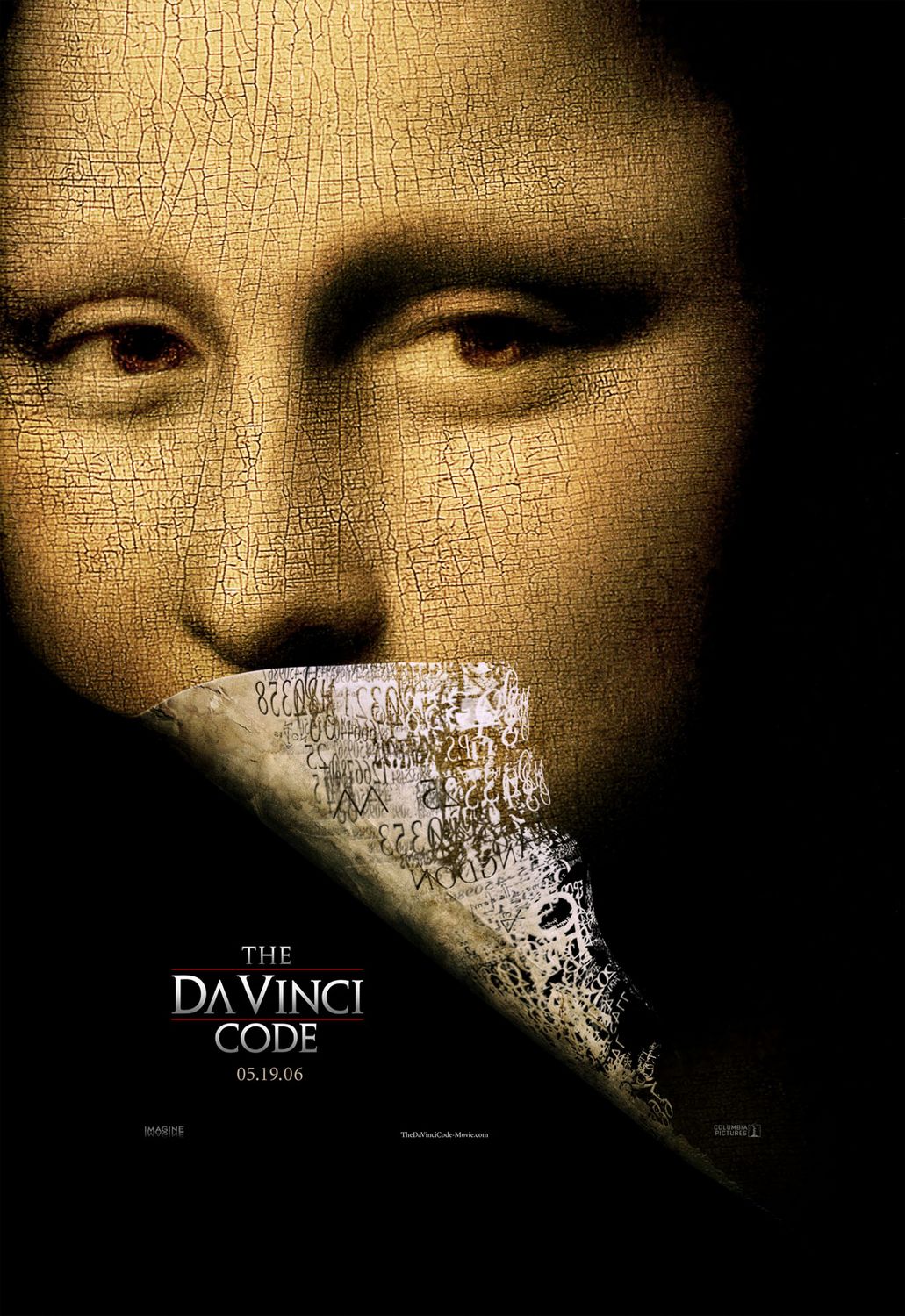 The world is losing its charm, and, in my opinion, Kindle is to blame.
The world is losing its charm, and, in my opinion, Kindle is to blame.Technology has already provided extensive, charmless alternatives to books. There was TV; then digital TV so you could have a thousand bad to mediocre alternatives to reading; and TiVo so you’d never have to miss an alternative to reading; and of course, the Internet and YouTube, which provides infinite hours of amusement with not one word of text.
Of course, there is also the ever-growing network of blogs and online publications that celebrate books (like this one) and make written opinions, news, reviews, even fiction and poetry available to the masses. But this still does not compare to sitting down and reading a novel, cover to cover.
Having used a Kindle, I will say that it is a nice gadget. The screen displays a picture of a different famous writer in matte black-and-white when the device is off, which reminds me of Harry Potter and is admittedly delightful. There are many advantages to reading off of a Kindle: it is less wasteful of energy and resources than printed books, it allows you to travel lightly with as many reading materials as you desire, and said reading materials are often cheaper than their paper alternatives.
But still, many of us who love reading cannot help but feel that holding a Kindle rather than a paperback leaves something to be desired. Books are not supposed to be skinny, sleek, and young, like supermodels. They are faces with character, in their cover art, the feel of their pages, their dog-ears and chocolate stains.
I don’t believe that libraries are going the way of the dinosaurs or that bookstores are an anachronism. No matter how cheap to produce and ubiquitous Kindle becomes—as it inevitably will—it will be a good while until books become the next alternative energy source. Even so, it scares me to think of a world where you can’t start conversations with strangers on the Metro with “that’s one of my favorites,” or sort through a pile of used books on the sidewalk to discover the fascinating notes that a stranger wrote in the margins of Lolita. Maybe I’m getting prematurely nostalgic, but I would prefer a world where charm is not always sacrificed to utility, and where everything created with love and pathos isn’t streamlined and gadgetized.
--Allison Geller is a regular contributor to UL and, despite her disaffection for certain technologies, is actually quite young and an undergraduate at the University of Virgina.
Photo: Kindle2report.com

































